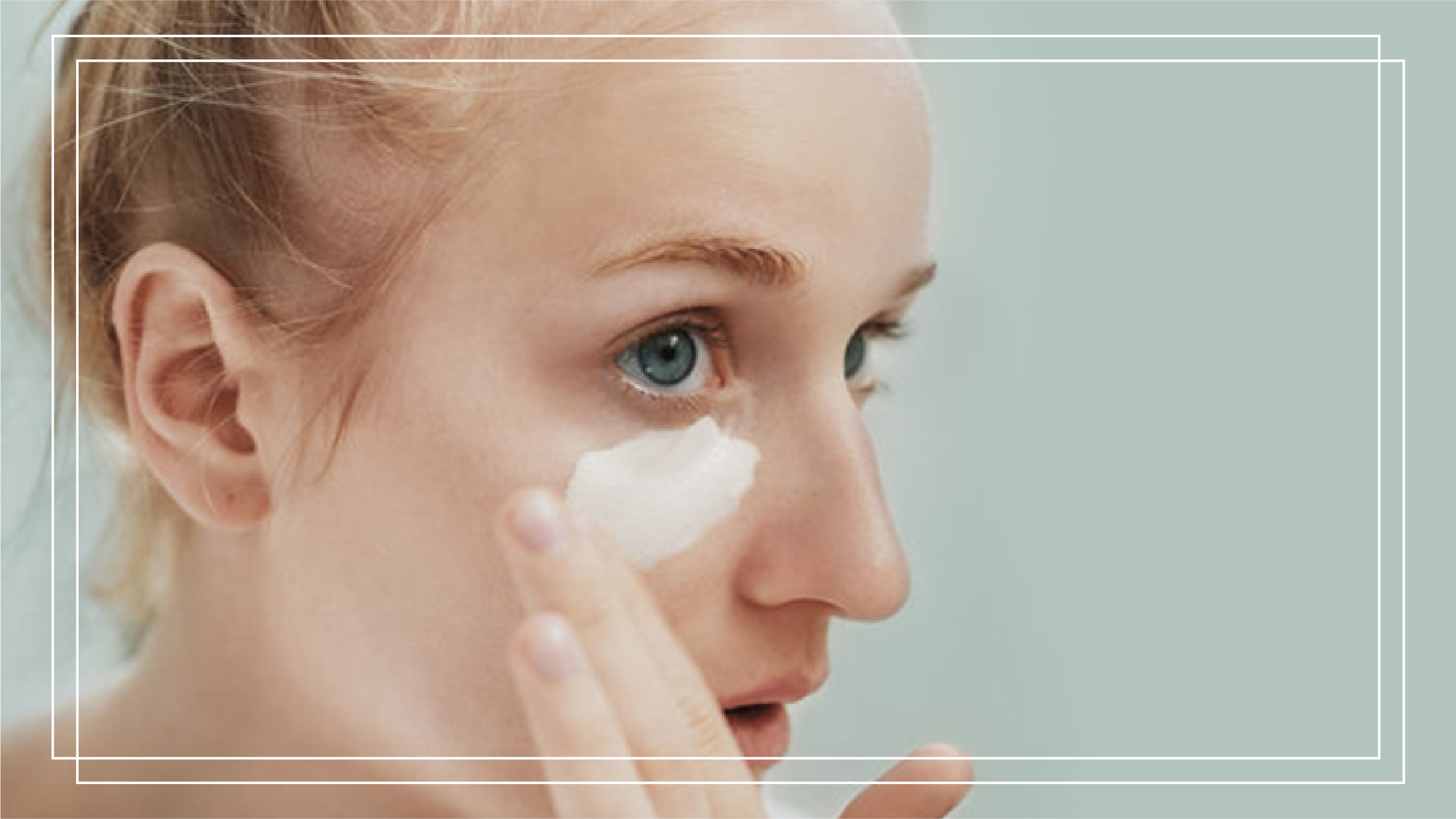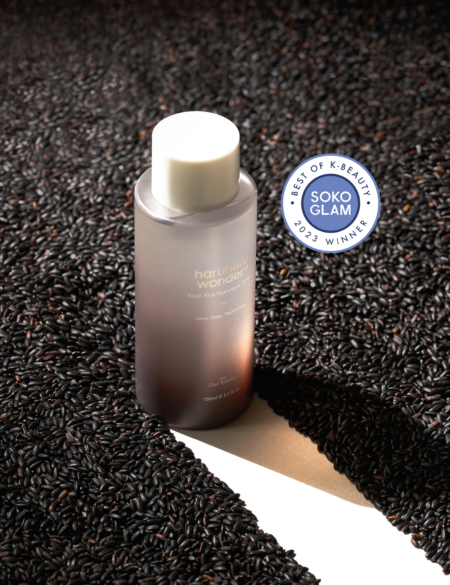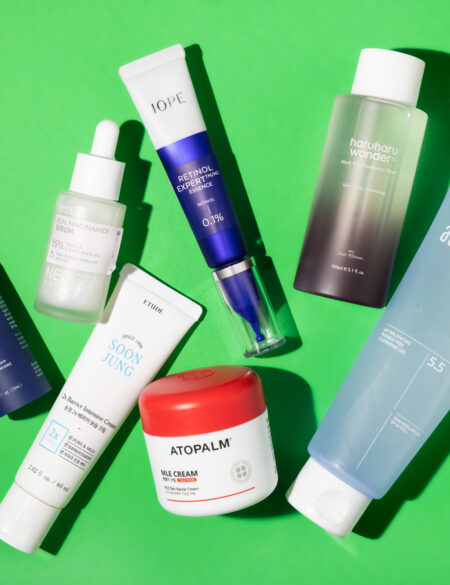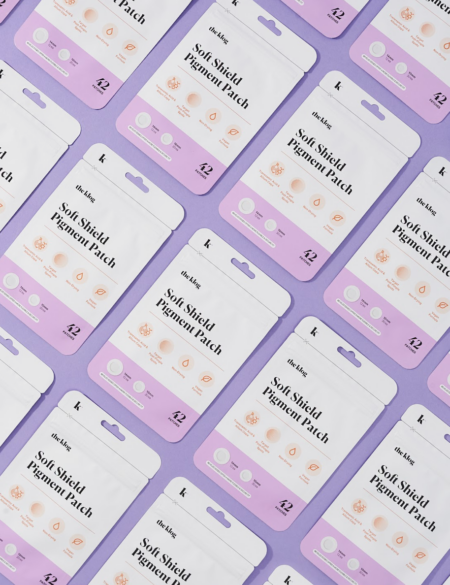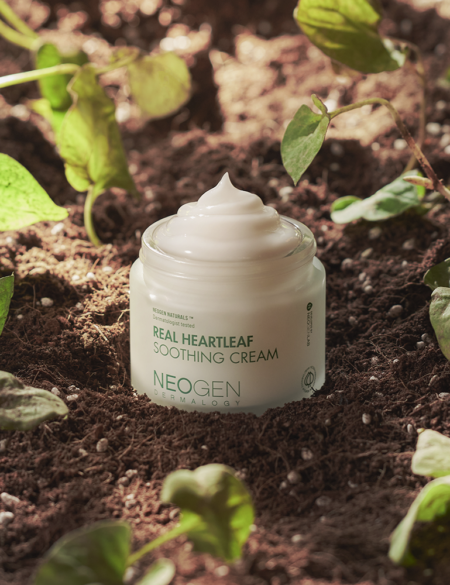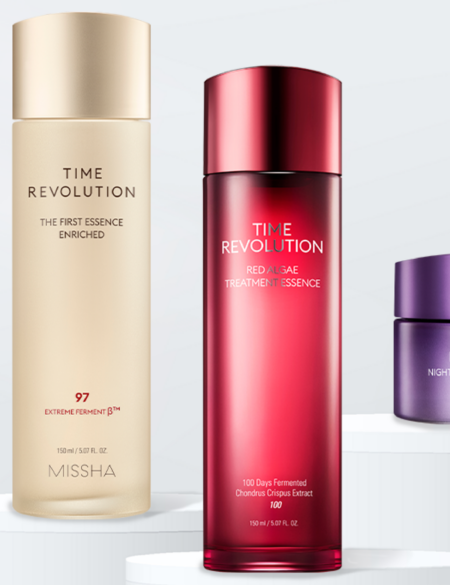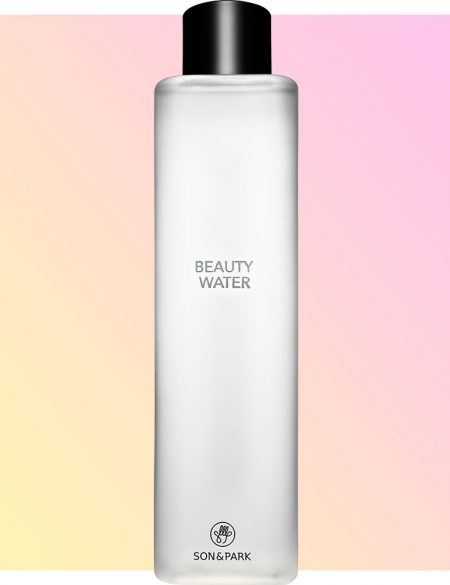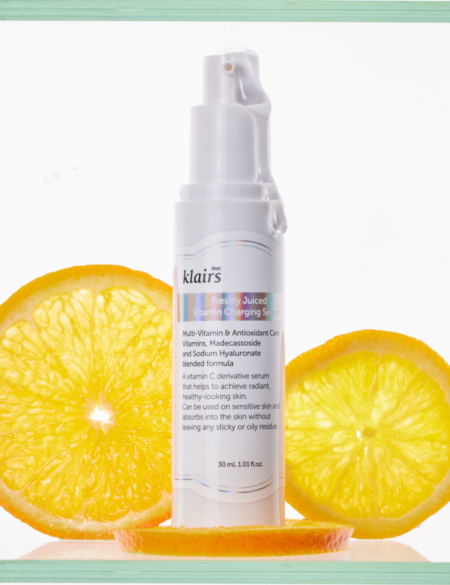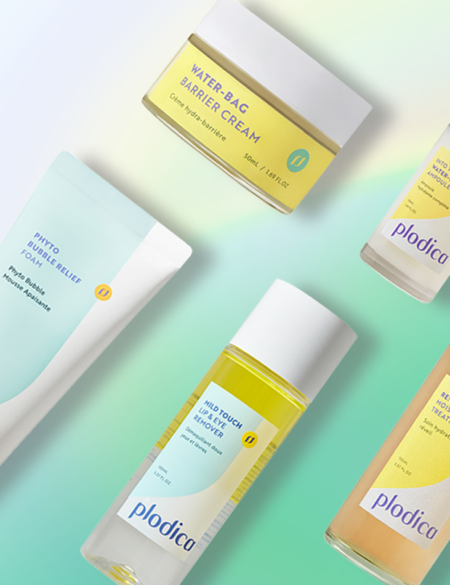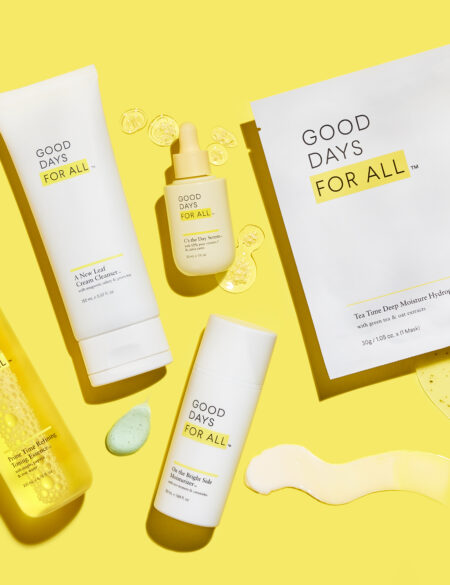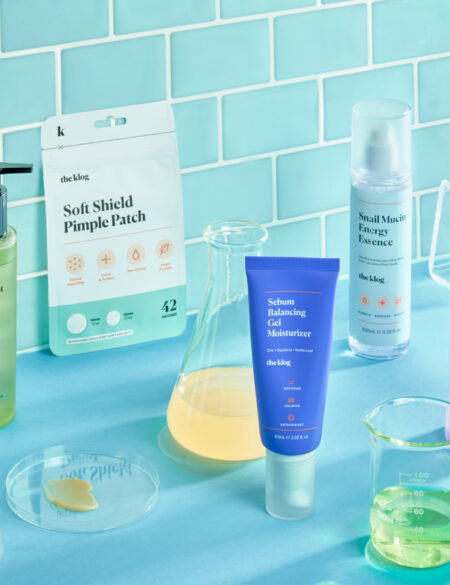If a product is all over Instagram or in all of your friends’ medicine cabinets should you be using it too? Welcome to “Do You Really Need…”, a new series where we discuss, with the help of some experts, how to determine whether or not a trendy or divisive product really belongs in YOUR skin care routine. Today we’re discussing gluten-free skin care.
In the interest of being transparent – and to ride the clean beauty wave – more and more beauty brands are getting into the habit of listing the “bad” ingredients that their products are free of on the packaging. Often, you’ll see parabens, phthalates, and artificial fragrances on these lists – the usual suspects. A less common one, but one that sticks out, is gluten. If you’ve seen a gluten-free claim and thought to yourself, “What? Why the heck is there gluten in beauty products?,” well, same.
As it turns out, sources of gluten are used in skin care as conditioning agents, and in hair care to thicken and strengthen.
RELATED: Do You Really Need…CBD Oil-Infused Skin Care?
If you’re already eliminating or limiting gluten from your diet, it may seem like a good idea to also cut it out of your beauty routine. But before you denounce gluten in the beauty category, read on to hear what the experts have to say, and to learn if the ingredient could actually affect you in any negative way.
What forms of gluten are found in beauty products?
Ingredient labels on products with gluten might include some of these terms: Wheat, gluten, barley (hordeum vulgare), malt, rye (secale cereale) or triticum. “Triticum is Latin for wheat and skin care products might use this term instead of wheat,” says Dr. Debra Jaliman, an NYC-based board-certified dermatologist and assistant professor of dermatology at the Icahn School of Medicine at Mount Sinai in New York.
Can applying a topical product that contains gluten cause a negative reaction for people with celiac disease or a gluten sensitivity?
Unlike ingesting gluten, simply coming into contact with a topical product that contains the ingredient will not trigger a reaction such as a rash or gastrointestinal symptoms for those with intolerances – gluten cannot be absorbed through the skin.
The reason why there is potential risk, says Dr. Jaliman, is because if the product gets into your mouth from your hands or enters the skin through a wound or sore, it could cause a reaction.
For this reason, “the products [someone with celiac disease or a gluten sensitivity] might want to avoid are any products applied to the lips or near the mouth,” says Dr. Jaliman.
So should you be using gluten-free skin care?
“If you have no sensitivities to gluten I wouldn’t worry about it being used in a product,” says Dr. Jaliman. The only group of people that Dr. Jaliman says should definitely be using gluten-free products are children with gluten intolerances. “Even if it is a cream applied to the body, children tend to put their hands in their mouth,” she says.
And if you do have sensitivities? One study often cited is one that was published in the Journal of the Academy of Nutrition and Dietetics by registered dietitian and gluten-free expert Tricia Thompson in 2012. It tested a small number of cosmetic products containing gluten “to provide an assessment on whether lipsticks and lotions contain quantifiable gluten”. The results showed that there was “no quantifiable gluten” in any of them, meaning that the amount of the ingredient found in the products was likely not enough to have any kind of adverse effect if ingested.
According to the National Celiac Association, more studies are needed on the topic in order to make a conclusive recommendation either way.
Still, if the potential of ingesting a gluten product is a concern for you, be sure to wash your hands after application, especially before eating. And if you don’t want to even risk it, by all means, look for gluten-free products – no one knows your body better than you!


